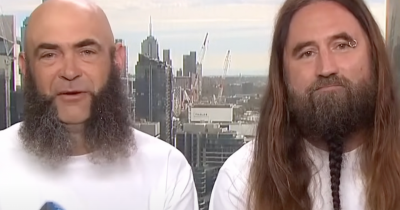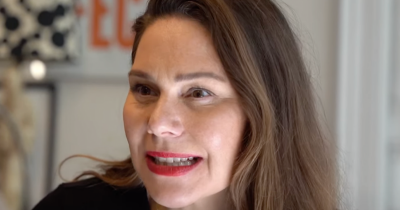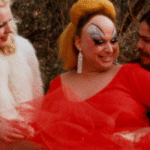TV Shows Canceled Due to Scandals and Controversies
If a show on television is cancelled, it’s generally due to falling ratings, creative exhaustion or changing preferences of the audience. However, some cancellations happen in a flash and are triggered not by the events that take place on the screen, but rather by the scandals and controversy which arise out of the show. In recent times, many notable productions have been pushed off air because their creators, stars or storylines got caught in public controversy. These incidents show how fragile is the balance between celebrity, fame and the commercial apparatus of television.
This article examines several of the renowned TV shows that have been cancelled due to scandals and controversy, such as Roseanne The House of Cards, The Jeremy Kyle Show, Louie, and other shows. Each of the cases shows how quickly the famed success of a show can end in the event that public anger or legal concerns, or moral issues outweigh financial gains.
Roseanne: From Resurgence to Racist Tweet
In the year 2018, ABC celebrated one of its most successful revivals by announcing returning Roseanne the sitcom that aired from 1988 until 1997. The show premiered to an audience of more than 18 million, quickly being one of the biggest network successes. But the success lasted only a few weeks.
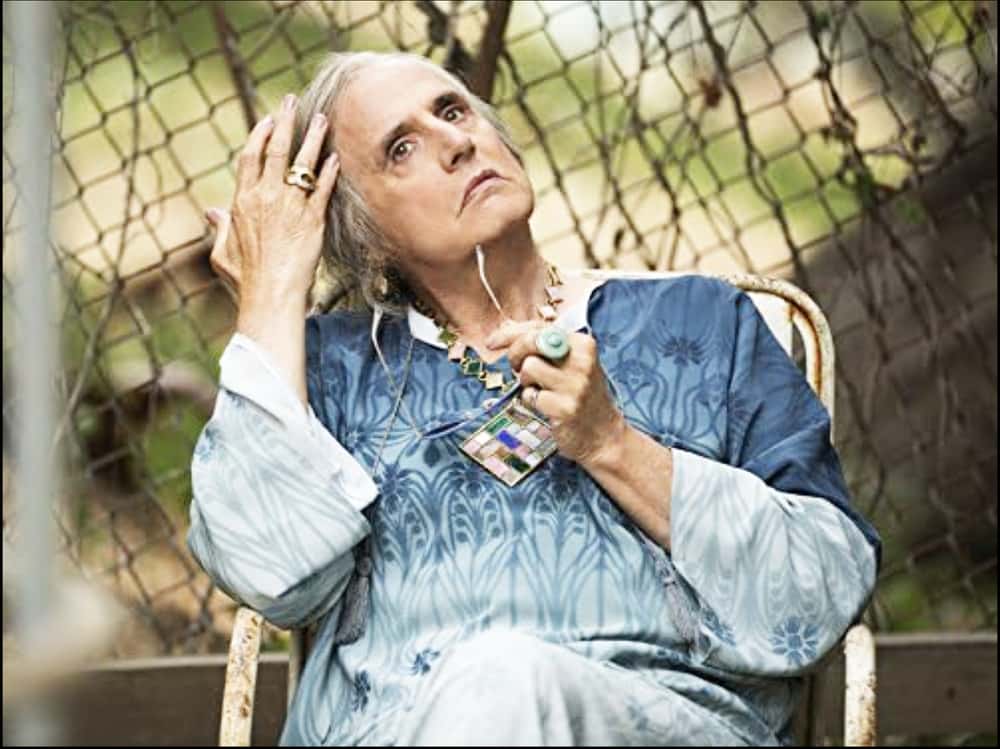
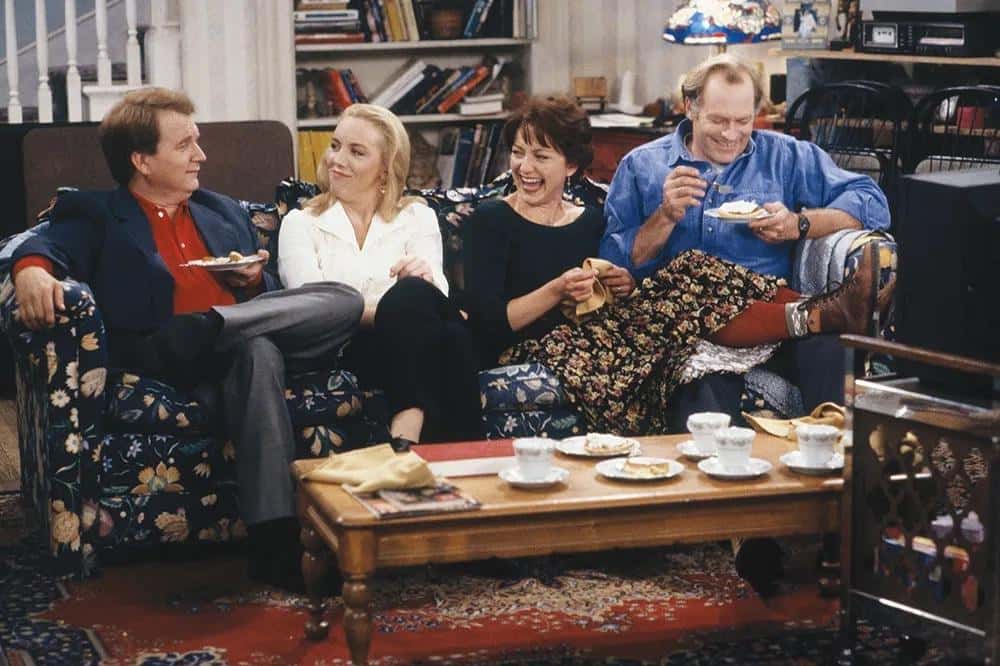
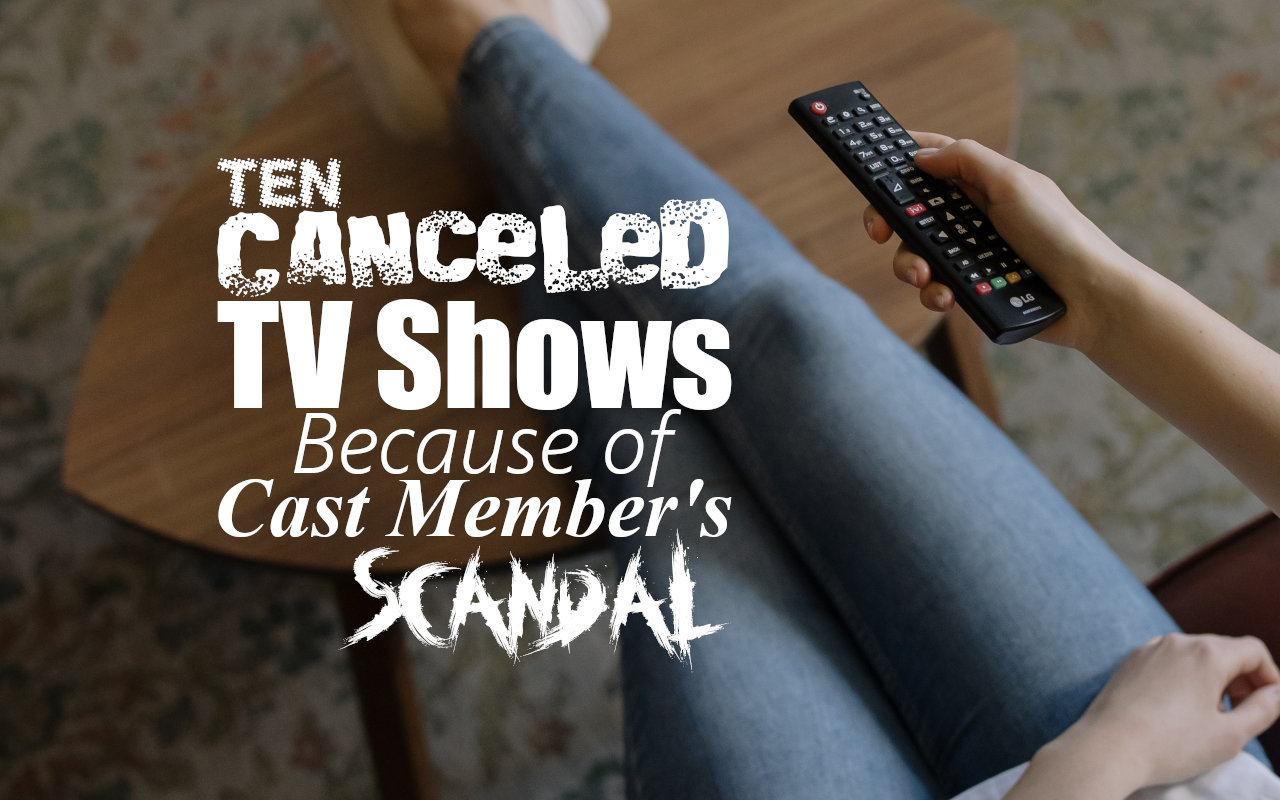
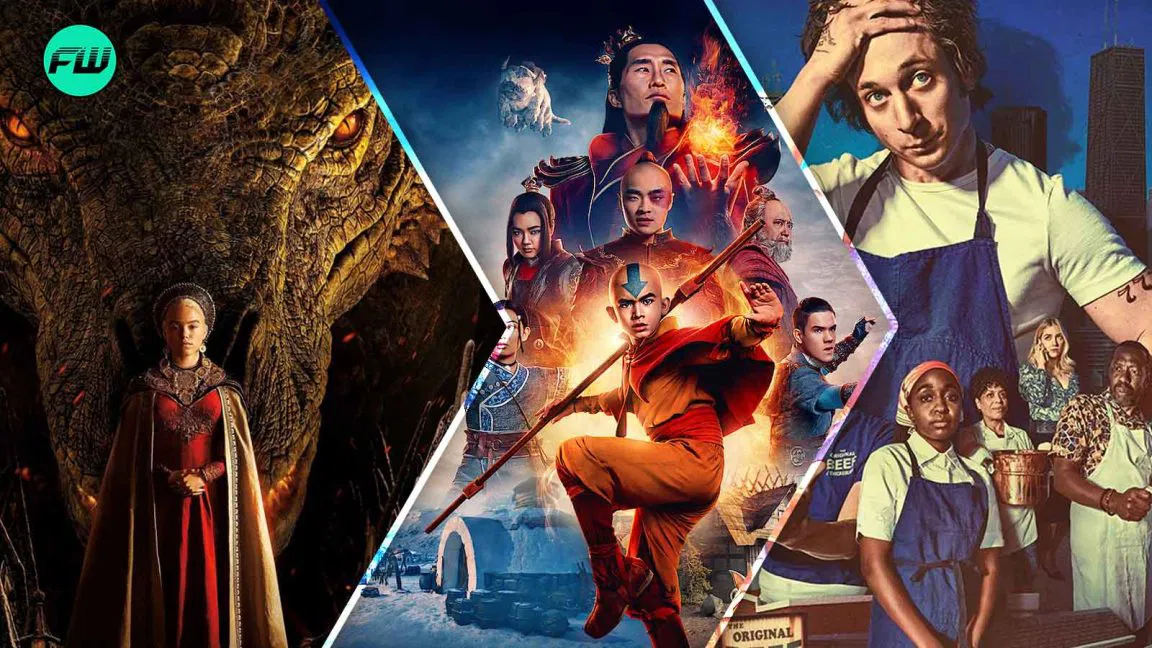
A few weeks after, the lead actress Roseanne Barr tweeted a racist message in which she compared the former Obama advisor, Valerie Jarrett, to an Ape. The backlash was swift and ferocious. After a few days, ABC management announced the program was going to be cancelled despite its impressive audience numbers.
The decision was among the most rapid shifts ever in TV history, ranging from record-breaking numbers to sudden ending. ABC later rescued the show with a spinoff show, the Conners but without Roseanne herself.
The Roseanne controversy showed the extent to which one social media post can disrupt the entire production. It also showed that media were less willing to risk brand damage in a time of increased accountability on the internet.
House of Cards Kevin Spacey’s Fall from Grace
Few shows embodied the glamor of the streaming era more strongly than the Netflix series House of Cards. The show was released in 2013 and changed Kevin Spacey into a digital-era anti-political hero in the form of Frank Underwood. In 2017, Spacey was accused of sexual assault by several people as well as crew members.
Netflix quickly responded. Its production of Season 6 was suspended, and Spacey was dismissed from both the show as well as other projects. When the show returned in the year 2018 Robin Wright’s character Claire Underwood, had become the main character. Despite the best efforts the show, the scandal permanently caused damage to the show’s legacy and the season’s final episode was widely seen as a sombre goodbye.
The House of Cards case is an oft talked about instances of how accusations of abuse against a celebrity could lead to the cancellation of a show, changing careers and requiring companies to take clear ethical decisions.
The Jeremy Kyle Show: Tragedy Behind the Camera
The daytime talk show genre often walks the line of entertainment and abuse but none of them had as dramatic as those in the Jeremy Kyle Show in the UK. The show ran for 14 years on ITV The show thrived on heated arguments with lie detector tests and public shame.
In the year 2019 the show was ended after a guest actor, Steve Dymond was killed by suicide after the filming of an episode. The incident led to an outrage over the format of the show, and raised concerns about the responsibility of care, safety for the psychological and the morality of making entertainment that relies on the vulnerability of its participants.
ITV executives insisted that they are committed to safeguarding the measures however the public’s attitude changed. Broadcasters across Europe have cited their experience with the Jeremy Kyle scandal as an event that changed the way reality and talk shows must manage mental health.
Louie: Allegations Against Louis C.K.
For many years the comedian Louis C.K. was considered to be an one of the more ingenuous voices on television today. The FX program Louie mixed stand-up comedy and raw portrayals of urban life. It won Emmy Awards and critical acclaim.
The career of the actor ended in 2017, when a number of women have accused him of sexual assault. Louis C.K. later acknowledged that the claims were true which led to the cancellation of his shows. FX has cut ties with the comedian, putting off Louie for a period of time despite its acclaim as a comedian.
Contrary to Roseanne as well as House of Cards that attempted to carry on in a variety of formats, Louie simply went off the air and the reputation of the show was forever damaged. The incident highlighted how quickly an iconic creative person can fall during the time of #MeToo.
Other Notable Examples
Beyond these headline cases the history of television has other instances of shows that were canceled due to controversy in a hurry:
- Seventh Heaven was unable to secure contracts for syndication after lead actor Stephen Collins admitted to inappropriate behavior with minors.
- Cops The reality show that has been running for decades, Cops police show, was pulled off the air in 2020 after protests over the brutality of police, and critics accuse it of glorifying brutal policing.
- 19 Kids and Counting, the TLC reality show that focused on the family of Duggar, has been pulled following revelations of sexual assaults within the family were made public.
Each case reflects wider discussions about culture — be it regarding abuse, racism police, exploitation, or the exploitation of others — proving that scandal-driven cancellations frequently reflect society’s changing values.
Why Networks React So Quickly
The swift demise of shows such as Roseanne as well as the Jeremy Kyle Show reveal the way that television companies are now focusing on the image of their company and trust among viewers over just ratings. In this age of social media snark reputational damage can be spread quickly and advertisers regularly press networks to take action quickly.
The financial calculations are also important. streaming platforms such as Netflix, Hulu, and Disney+ depend on subscriptions instead of advertising, however they’re also susceptible to pressure from shareholders and public worries. In most cases the long-term impact on brand reputation is more costly than the short-term gain.
Impact on Fans and Industry
For the audience, the cancellation of a show they love due to scandal frequently triggers mixed feelings. A few viewers express their displeasure in the loss of entertainment that they enjoyed however, others advocate for the need to take decisive action against any infractions. Forums on fans for the House of Cards as well as Roseanne are full of debates on the distinction between art from the artist.
In the business, these situations can lead to policy changes. Networks have enacted stricter background checks, crisis management teams, as well as contracts with “morality clauses” that allow organizations to end agreements when an actor’s conduct is damaging to the company.
Conclusion
The past of television shows that were cancelled because of scandals and controversy is a cautionary tale of the dangers of success in the entertainment business. The once-untouchableblockbuster sitcoms, critically well-known dramas, or talk show shows with a huge followingmay unravel quickly when offscreen conduct causes public anger.
No matter if it’s Roseanne Barr’s tweet that was racially offensive, Kevin Spacey’s misconduct accusations, The Jeremy Kyle Show tragedy as well as the case of Louis C.K.’s admission of sexual abuse each one of these cases demonstrates the new reality that audiences as well as advertisers and broadcasters are less accepting than they have ever been.
In a world where reputations can be destroyed by one headline, TV firms are required to take action quickly to safeguard their brand even at the expense of having to cancel profitable programs. For viewers, it’s an opportunity to remind viewers that behind every show is the human decision-making process which is why dramas of the creators and stars can end a show faster than ever falling ratings.





